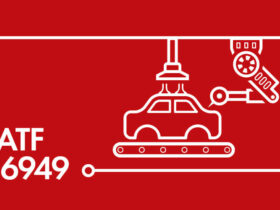Recruitment is a complex process that involves various stages, including job posting, interviews, and identifying the right fit for a company. Due to the associated costs, especially if a hired individual proves unsuitable, careful consideration is imperative. The content explores the potential consequences of making a bad hire for a company.
Starting with data, surveys of senior managers indicate that the average loss incurred by companies due to a bad hire is around $14,900. For higher-level and supervisory positions, this figure can dramatically rise to $240,000. Further insights from the U.S. Department of Labor reveal that a bad hire can cost up to 30% of the employee’s first-year earnings.
Several factors contribute to these costs. Beyond expenses in recruitment, training, and replacement, there’s also the consideration of lost productivity within the team. This decline arises from disrupted workflows, increased stress, and potential decreases in teamwork efficiency due to diminished morale. Indirect costs, such as legal fees, dissatisfied clients, and damage to the company’s reputation, should not be overlooked.
The content emphasizes the importance of revisiting the hiring process. Conducting background checks, drug screenings, and relevant tests can shield the company from potential liabilities. Additionally, investing in automation tools to streamline the hiring process and manage other responsibilities efficiently can lead to improved interviews and more robust recruitment procedures. Ultimately, this approach aims to reduce the risks associated with bad hires, ensuring the selection of the right candidate to build a successful workforce for the company.
|
The Cost of a Bad Hire from Employers Choice Screening, a provider of employee screening services |












